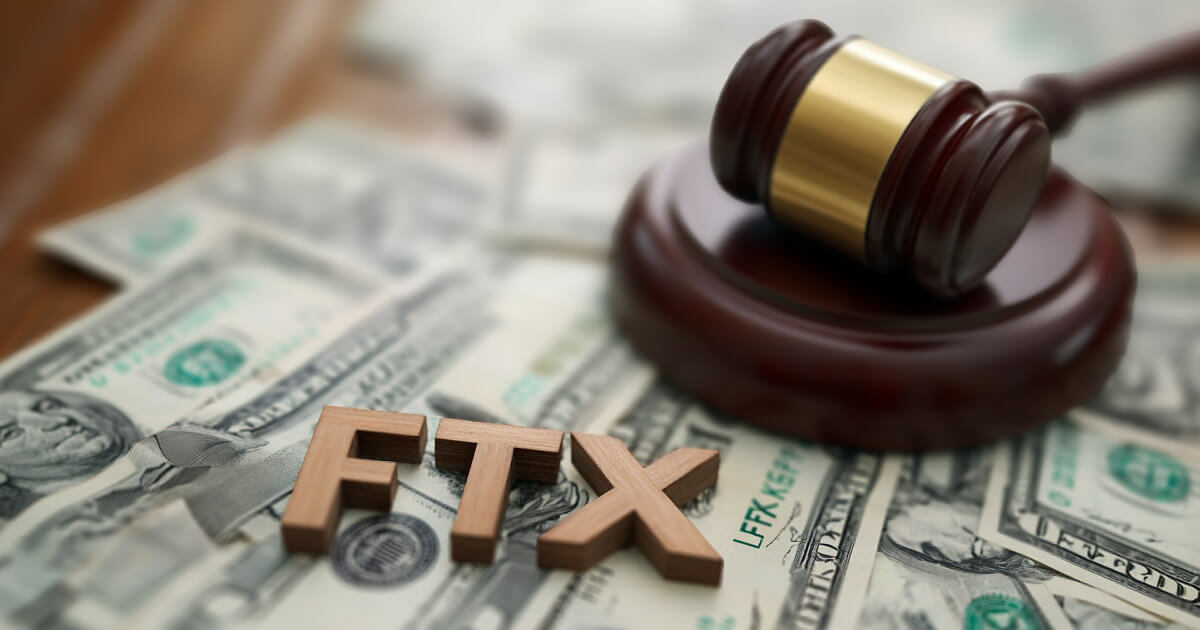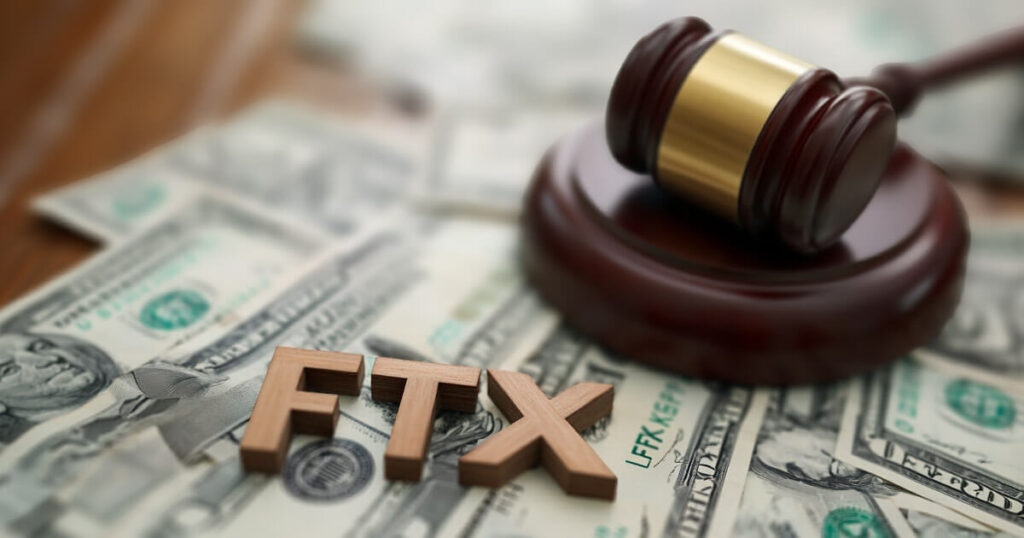
The U.S. Securities and Exchange Commission (SEC) has filed a filing expressing concerns about the proposed repayment strategy in the ongoing FTX bankruptcy case.
The plan, which includes repaying creditors through stablecoins or other digital assets, has prompted the SEC to reserve the right to challenge these transactions under federal securities laws.
The move has drawn criticism as potentially prolonging the process.
SEC filing
In an August 30 court filing, the SEC stated that while it is not currently issuing a final legal opinion on these transactions, it reserves the right to challenge their legality in the future.
The filing has added an additional layer of uncertainty to the already complex FTX bankruptcy, which will see the company’s assets liquidated to repay thousands of creditors after the stock market collapse in November 2022.
The SEC filing also included a request to remove a discharge provision from FTX’s Chapter 11 Plan. This provision would have protected the company from certain future legal liabilities, a move that the SEC said could avoid full liability in the bankruptcy process.
By reserving the right to object to the plan, the SEC signals that it plans to closely monitor how FTX plans to liquidate and distribute its remaining assets.
Criticism
The SEC’s approach to the FTX case has drawn sharp criticism from the industry, with many arguing that the agency’s actions could lead to unnecessary delays and further complicate the bankruptcy process.
Coinbase Chief Legal Officer Paul Grewal criticized the regulator’s lack of clarity in a series of tweets on September 2. Grewal pointed out that while the SEC has not outright declared the use of stablecoins for refunds to creditors illegal, it has left the door open for the future. legal challenges, creating an environment of uncertainty.
He added:
“Why provide clarity to the market when threats and slander are sufficient? Investors, consumers and markets deserve better. Much better.”
Grewal’s comments reflect a broader frustration within the crypto industry over what is seen as the SEC’s inconsistent and sometimes opaque regulatory approach. Furthermore, some argue that this would unnecessarily delay the bankruptcy proceedings and prolong the financial hardship for creditors.
Meanwhile, the agency’s concerns about the use of stablecoins in repayments to creditors highlight ongoing debates over whether these digital assets should be treated as securities under federal law.
If the SEC were to successfully challenge FTX’s use of stablecoins, it could set a precedent that will impact other companies and creditors involved in similar bankruptcy proceedings.

